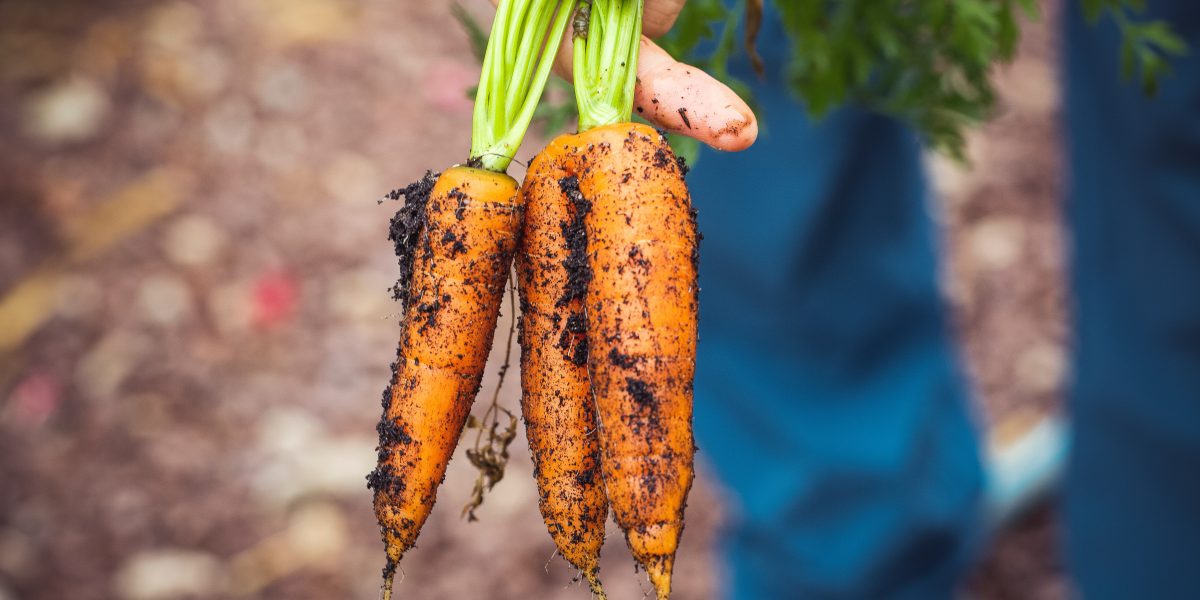Advocating on behalf of the organic industry
NASAA Organic advocates for regulation and policy reform that furthers the interests of the organic sector.
Established in 1986 NASAA is one of the pioneers of organic certification in Australia and is Australia’s first organic industry association. NASAA developed its organic standards followed by policies on certification. This was used to develop certification procedures for countries in the Asia Pacific, specifically at the request of European importers who required certification for these organic products.
NASAA was also involved in the development of the National Standard, which gave Australian organic products access to the European markets through equivalency agreement with the EU.
NASAA was the first Australian certification body to achieve IFOAM accreditation (International Federation of Organic Agricultural Movements). The first to receive ISO17065 (International Standards Organisation) status under the newly developed IFOAM/IOAS program. NASAA was also the first certifier outside Japan to achieve accreditation under the Japan Agricultural Standard (JAS). Plus the first to open the Chinese market to Australia’s organic imports.
NASAA supports the adoption of domestic regulation that aligns with a National Standard framework for exports.
Most recently, NASAA Organic contributed to the following Government reviews:
2020 Draft Export Control (Organic Goods) Rules 2020 governed by the Department of Agriculture, Water and Environment
Our submission generally supported the proposed changes, as a positive step to improved efficiency for the benefit of Australia’s organic exporters, while maintaining prosperous relations with our trading partners. The submission also identified risks associated with some of the changes.
2020 Review of the AgVet chemicals regulatory framework
Our submission highlighted the needs and concerns of the Australian certified organic sector in relation to the AgVet chemical regulation issues paper, and offered suggestions to encourage and support coexistence, improved sustainability, and protection for the environment.
 THE NATIONAL ASSOCIATION FOR
SUSTAINABLE AGRICULTURE AUSTRALIA
THE NATIONAL ASSOCIATION FOR
SUSTAINABLE AGRICULTURE AUSTRALIA
